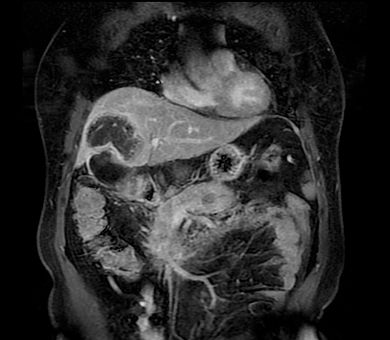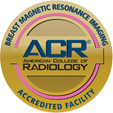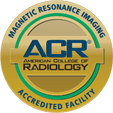What is MRI of the Abdomen?
 Magnetic resonance imaging (MRI) is a noninvasive medical test that helps physicians diagnose and treat medical conditions. MRI uses a powerful magnetic field, radio frequency pulses and a computer to produce detailed pictures of organs, soft tissues, bone and virtually all other internal body structures. The images can then be examined on a computer monitor, transmitted electronically, printed or copied to a CD. MRI does not use ionizing radiation (x-rays). Detailed MRI images allow physicians to evaluate various parts of the body and determine the presence of certain diseases.
Magnetic resonance imaging (MRI) is a noninvasive medical test that helps physicians diagnose and treat medical conditions. MRI uses a powerful magnetic field, radio frequency pulses and a computer to produce detailed pictures of organs, soft tissues, bone and virtually all other internal body structures. The images can then be examined on a computer monitor, transmitted electronically, printed or copied to a CD. MRI does not use ionizing radiation (x-rays). Detailed MRI images allow physicians to evaluate various parts of the body and determine the presence of certain diseases.
An MRI of the torso is performed to evaluate:
- Organs of the chest and abdomen – including the heart, liver, biliary tract, kidneys, spleen, bowel, pancreas, and adrenal glands
- Pelvic organs including the bladder and the reproductive organs such as the uterus and ovaries in females and the prostate gland in males
- Blood vessels (including MR Angiography)
- Lymph nodes
Physicians use an MR examination to help diagnose or monitor treatment for conditions such as:
- Tumors of the chest, abdomen or pelvis
- Diseases of the liver, such as cirrhosis, and abnormalities of the bile ducts and pancreas
- Inflammatory bowel disease such as Crohn’s disease and ulcerative colitis
- Heart problems, such as congenital heart disease
- Malformations of the blood vessels and inflammation of the vessels (vasculitis)
- A fetus in the womb of a pregnant woman
*Information courtesy of Radiologyinfo.org.


